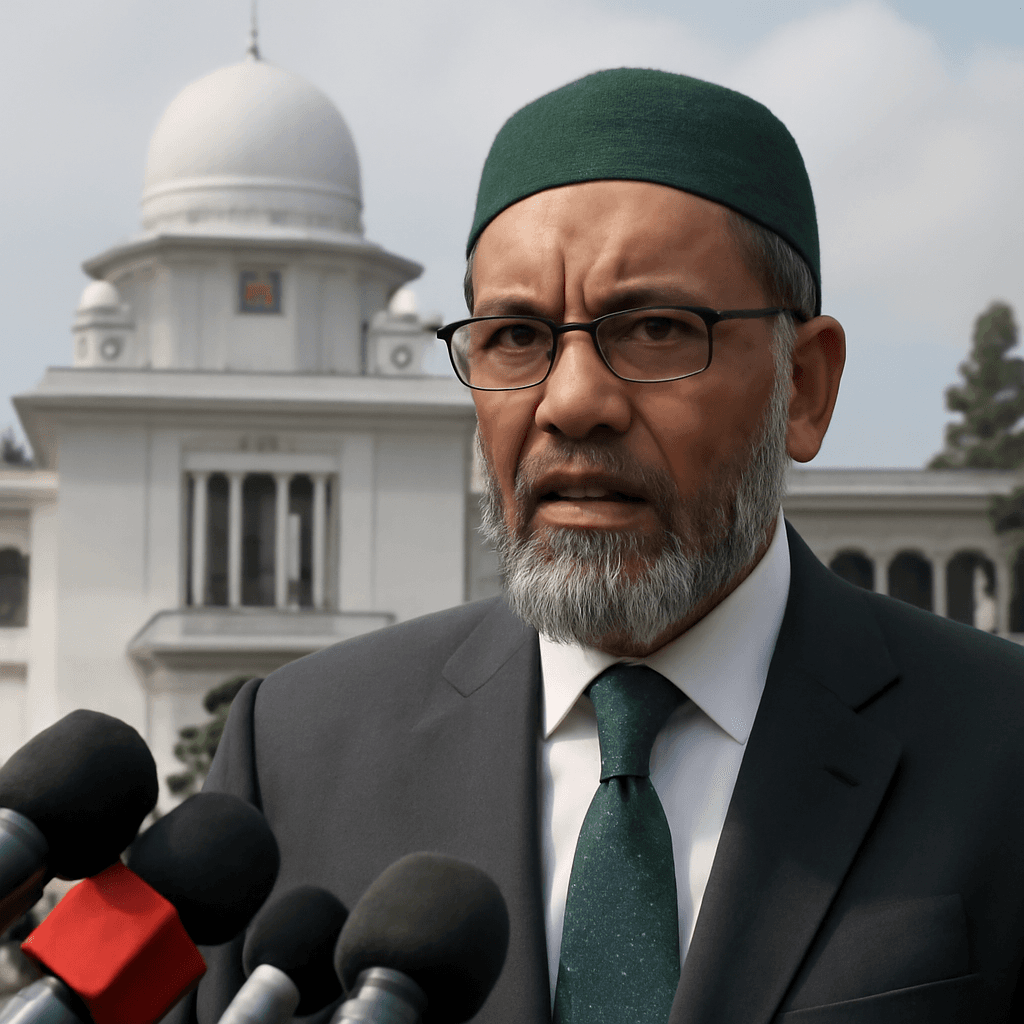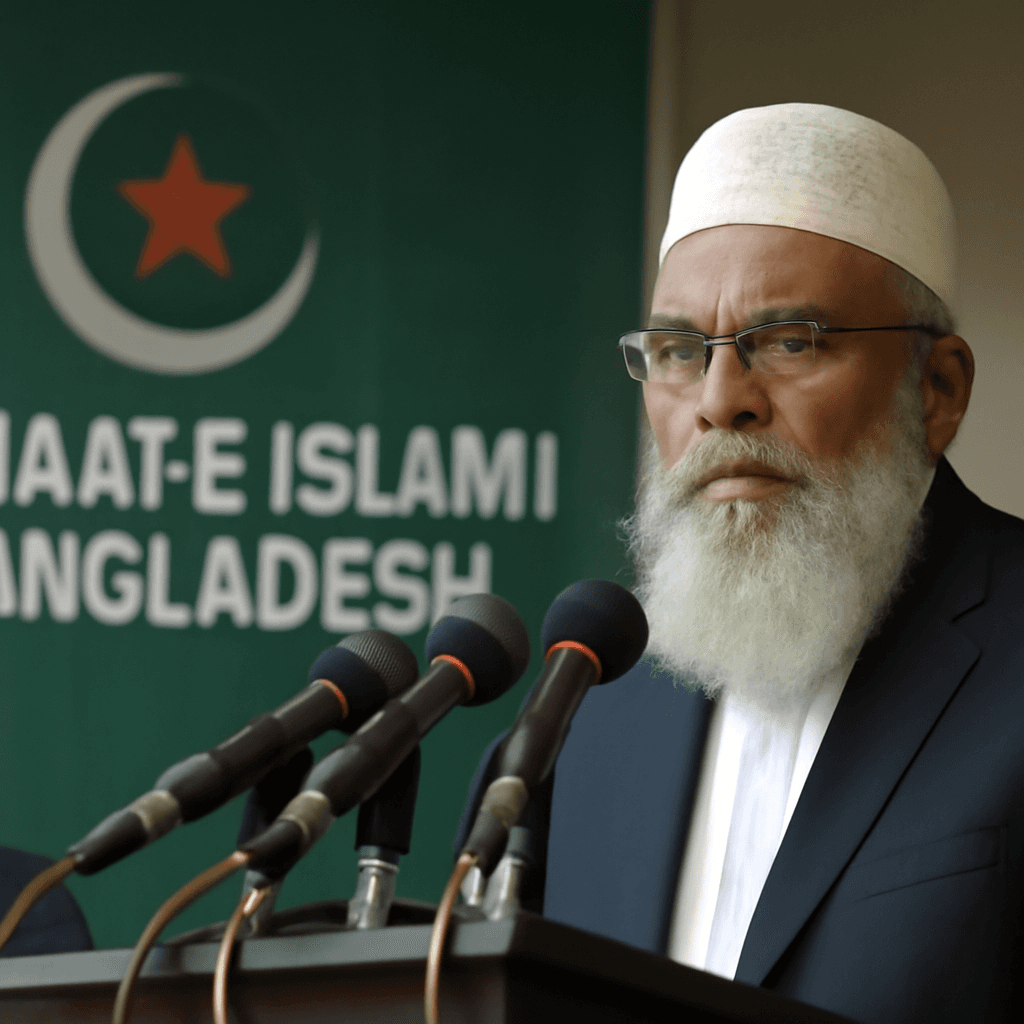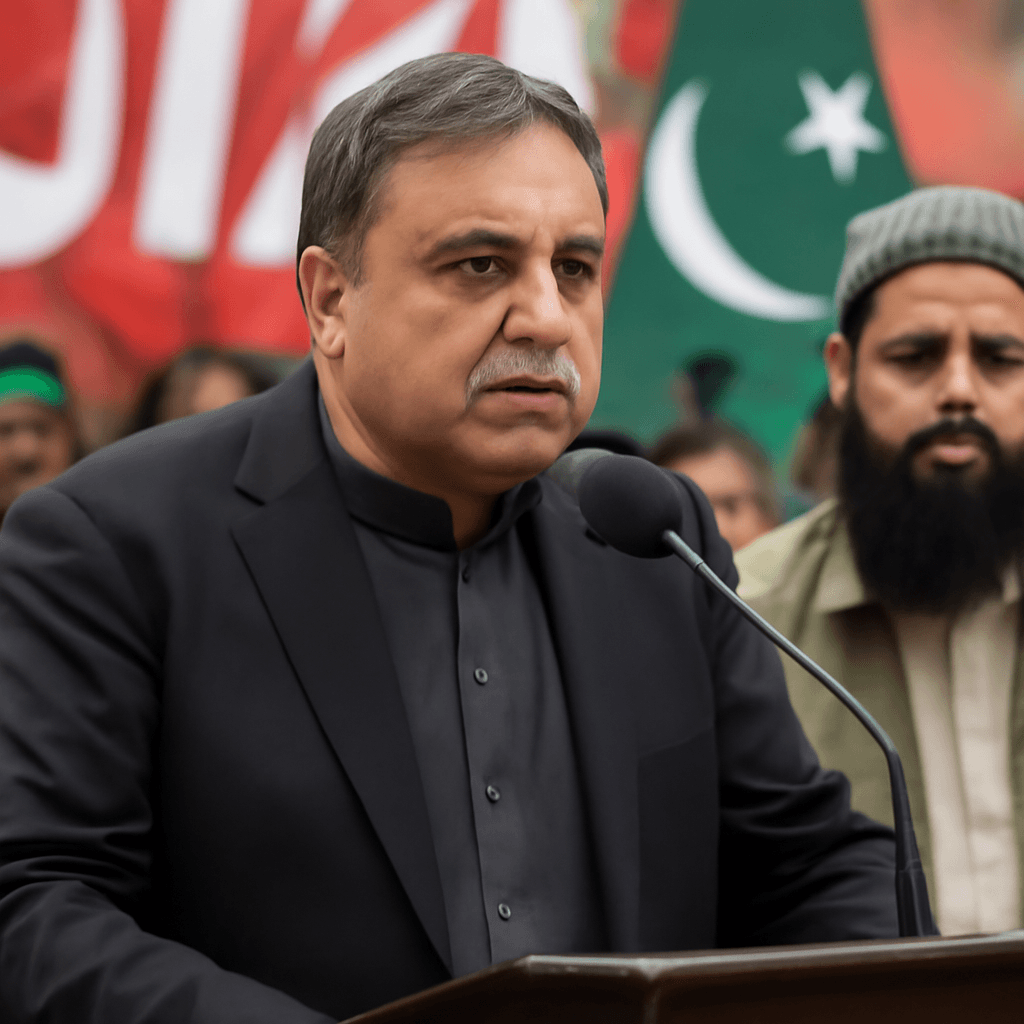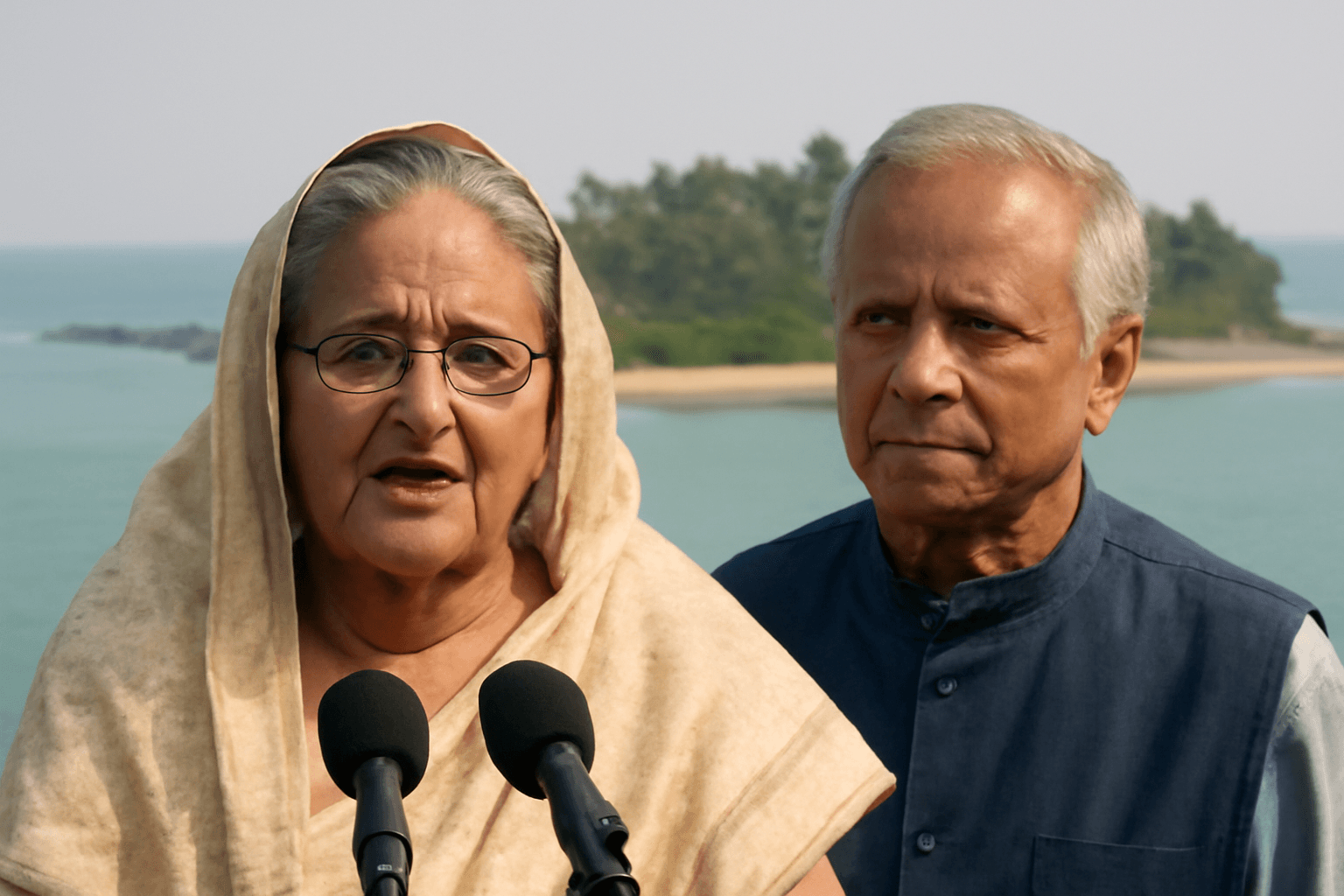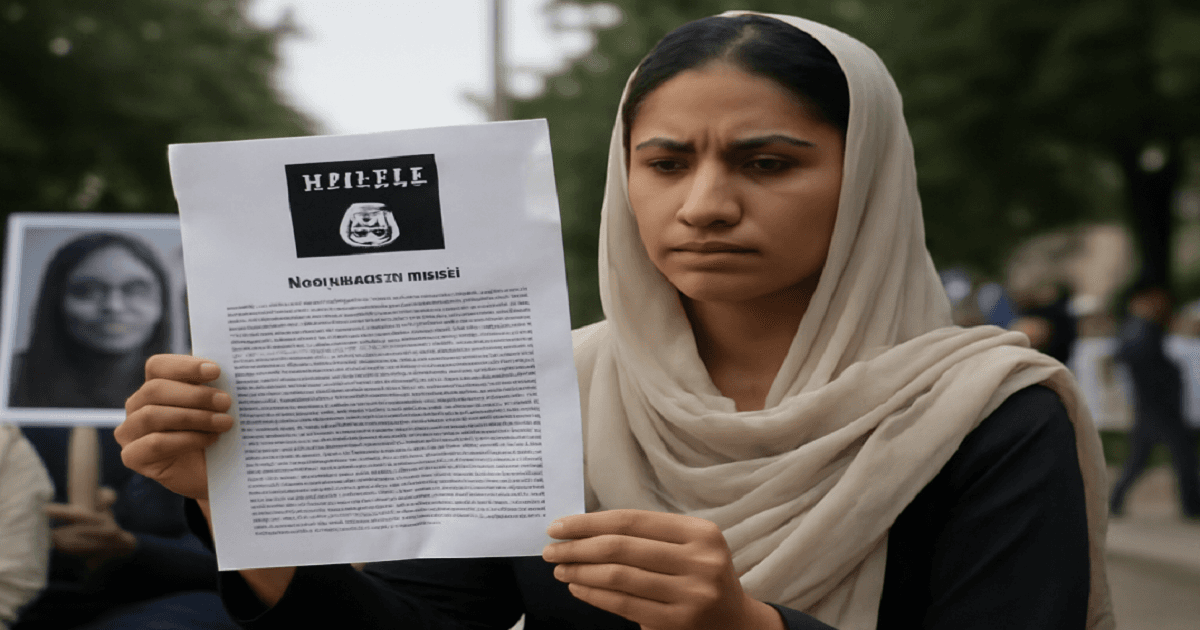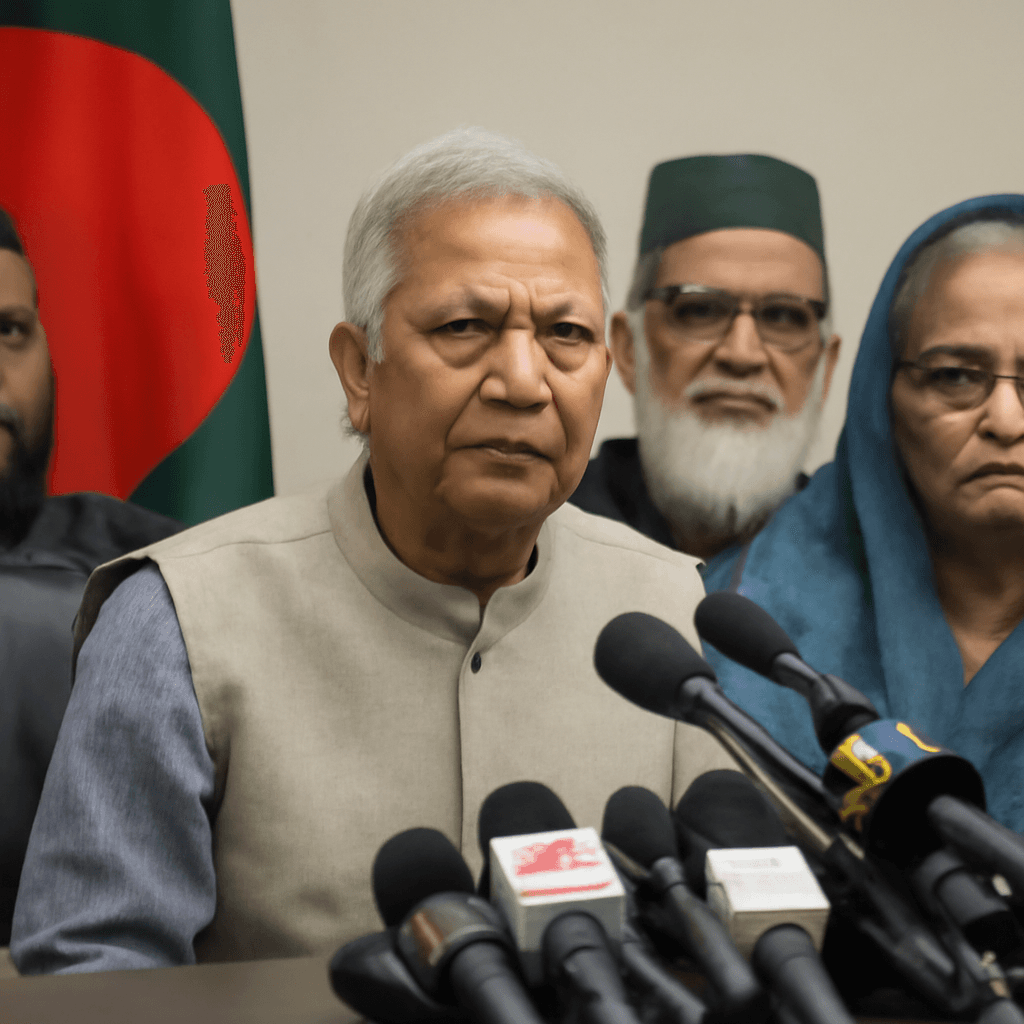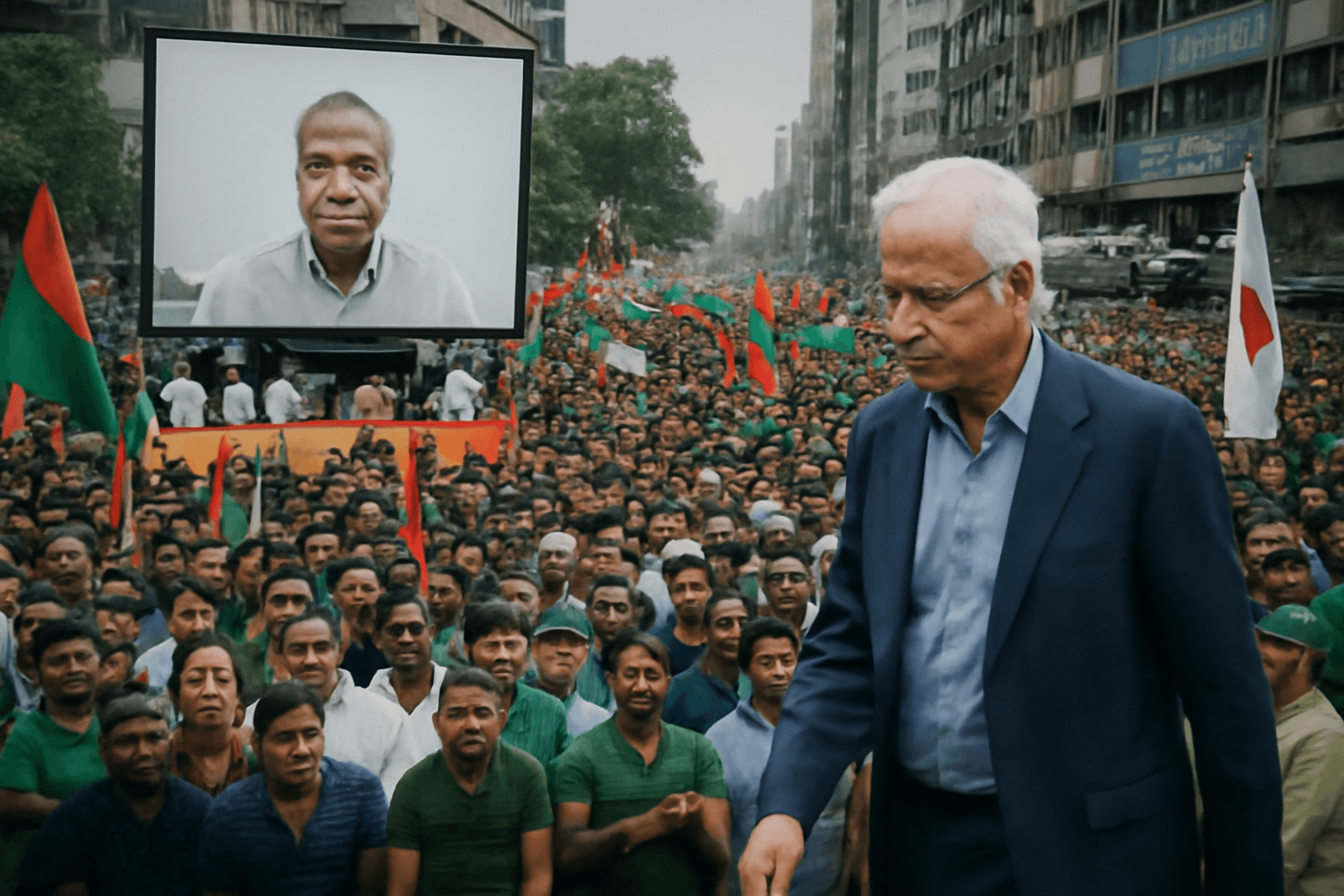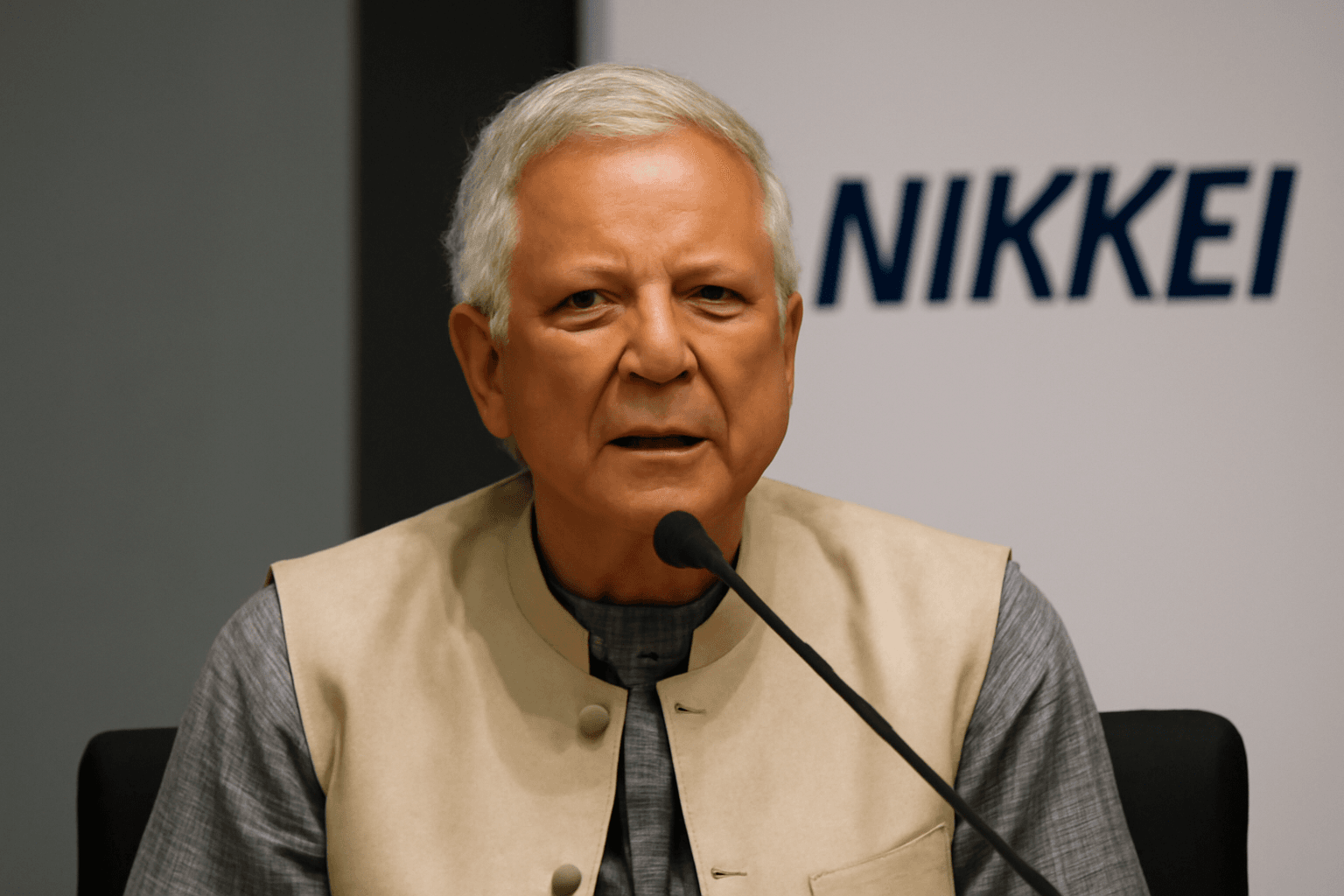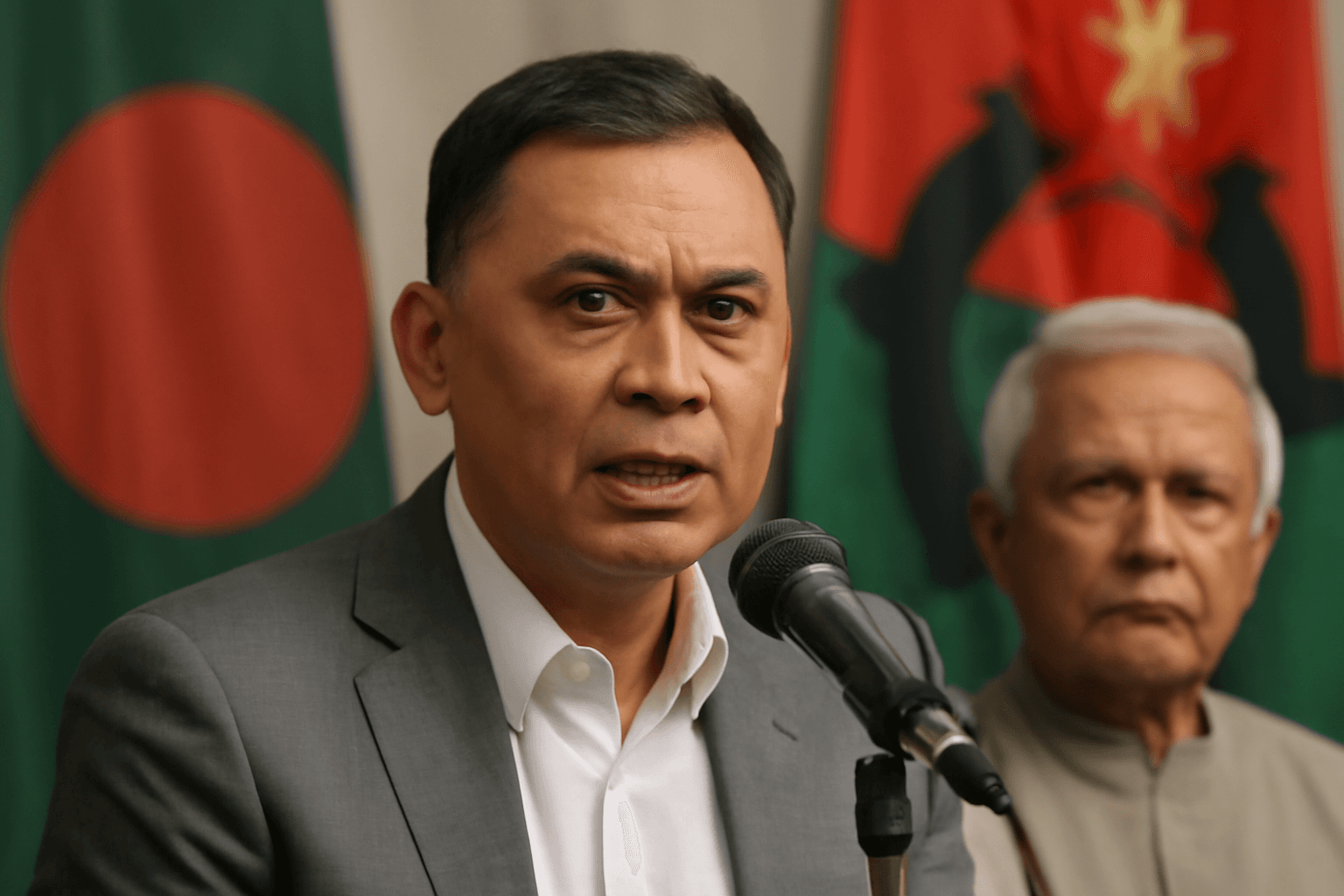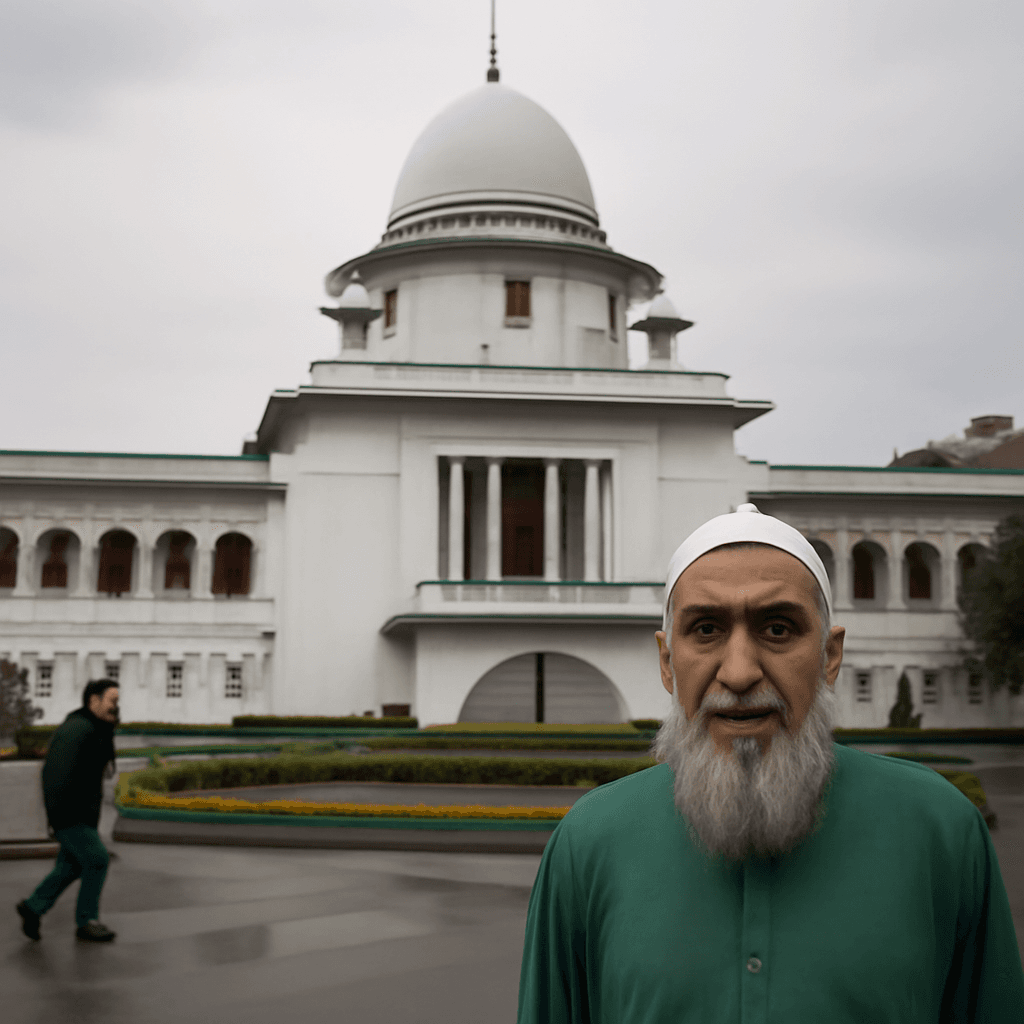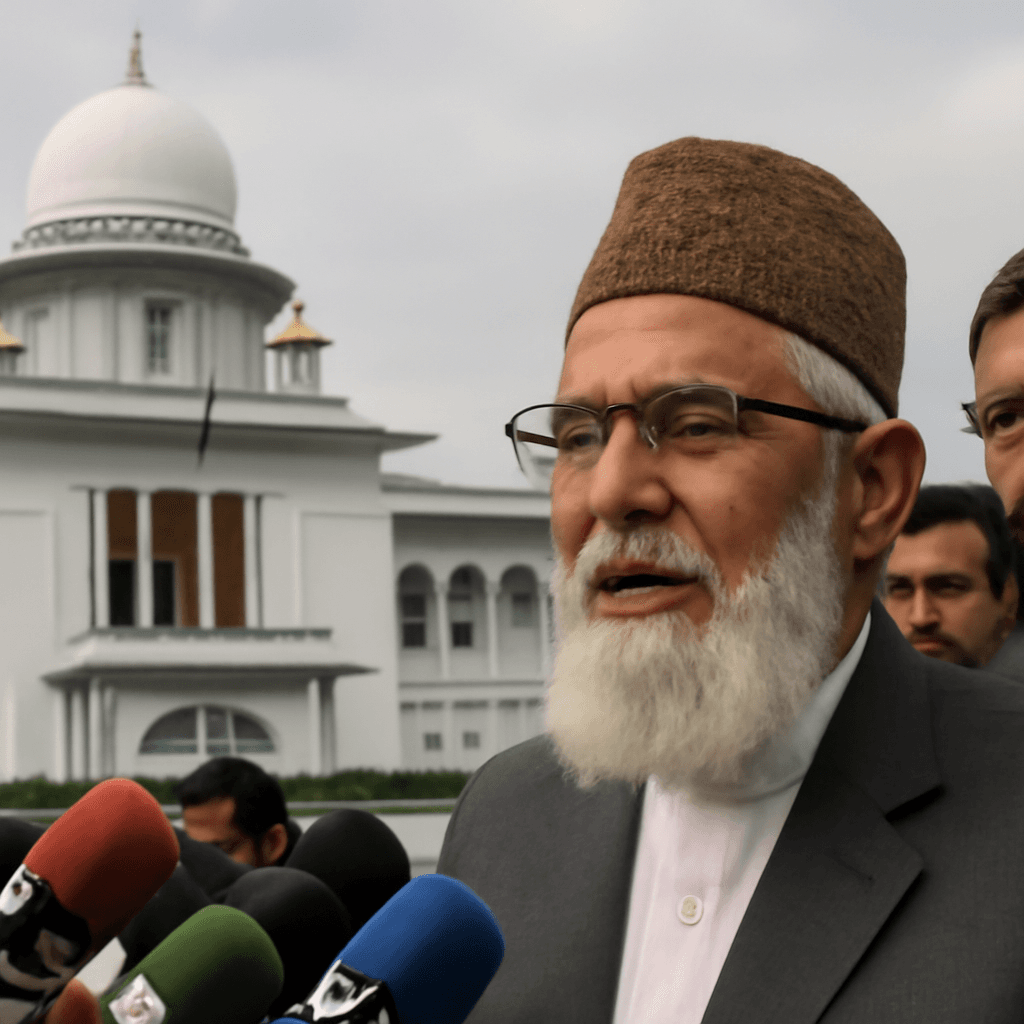Supreme Court Restores Jamaat-e-Islami's Political Rights in Bangladesh
The Supreme Court of Bangladesh recently reinstated the political registration of Jamaat-e-Islami Bangladesh and its student wing Chatra Shibir, enabling them to participate in future elections. This move follows the lifting of a ban on the organization by the Muhammad Yunus government shortly after it assumed power last year.
Background and Political Reemergence
Despite losing its official registration in 2013 and being barred from elections, Jamaat-e-Islami remained active in Bangladesh's political landscape. The organization is now striving to rebrand itself ahead of upcoming national elections. Historically, it has faced accusations of involvement in attacks on Hindu minorities, especially following the removal of former Prime Minister Sheikh Hasina.
Critics of the Yunus administration argue that it has relied on Jamaat’s support to consolidate power, with the organization leveraging student movements to regain influence.
Historical Context and Controversies
- Jamaat-e-Islami supported Pakistan during Bangladesh’s 1971 liberation war despite widespread atrocities committed by the Pakistan Army.
- Former Prime Minister Sheikh Hasina had previously cracked down on Jamaat for alleged terrorist activities.
- The organization’s recent revival raises regional security concerns due to its pro-Pakistan stance.
Earlier, the court overturned the death sentence of ATM Azharul Islam, a senior Jamaat leader convicted in 2014 for crimes including rape, murder, and genocide during the 1971 war.
Geopolitical Implications for India
India shares a long border with Bangladesh and has significant strategic investments in the region, such as the Sittwe Port and the Kaladan Multi-Modal Transit Transport Project (KMTTP) in Myanmar, which enhance connectivity to India’s northeastern states.
The resurgence of Jamaat with its pro-Pakistan orientation could potentially destabilize this region. Jamaat’s efforts to establish an Islamic state in Bangladesh contradict the country’s pluralistic ethos, heightening security apprehensions for India.
Potential Impact of Jamaat’s Initiatives
- Jamaat proposed the creation of an independent Rohingya state during a recent meeting with Chinese Communist Party officials, aligning with complex dynamics involving ethnic armed organizations in Myanmar.
- Such moves could compromise India’s regional connectivity projects and geopolitical interests.
Security Concerns and Minority Rights in Bangladesh
Experts highlight the political vacuum following the decline of the Awami League and BNP as enabling factors for Jamaat’s resurgence. There is alarm over Jamaat’s historical opposition to Bangladesh’s liberation and alleged links to terrorism.
Minority communities, especially Hindus, have experienced declining population percentages—from 13.5% in 1974 to 7.95% in 2022—amid rising fears of persecution under Jamaat’s influence.
Party Dynamics and Electoral Politics
Though Jamaat has never secured a majority, it has acted as a kingmaker in coalition politics, previously allied with the Bangladesh Nationalist Party (BNP). However, recent disagreements have emerged between the two, particularly over election timelines, with BNP pushing for polls by 2025 and Jamaat favoring an extended timeframe for political mobilization.
Jamaat’s attempts to rewrite narratives on Bangladesh’s liberation war, including controversial statements by its student wing, have drawn backlash and highlighted ideological divisions within opposition factions.
Conclusion: A Strategic Challenge for India
The restoration of Jamaat-e-Islami's political status marks a significant shift in Bangladesh's political environment with direct implications for regional stability. India's security and development projects in the northeast could be impacted by the resurgence of an organisation with a history antagonistic to Bangladesh’s independence and known pro-Pakistan leanings. Continuous monitoring and strategic policy responses are essential to safeguard India's geopolitical interests and promote regional harmony.

